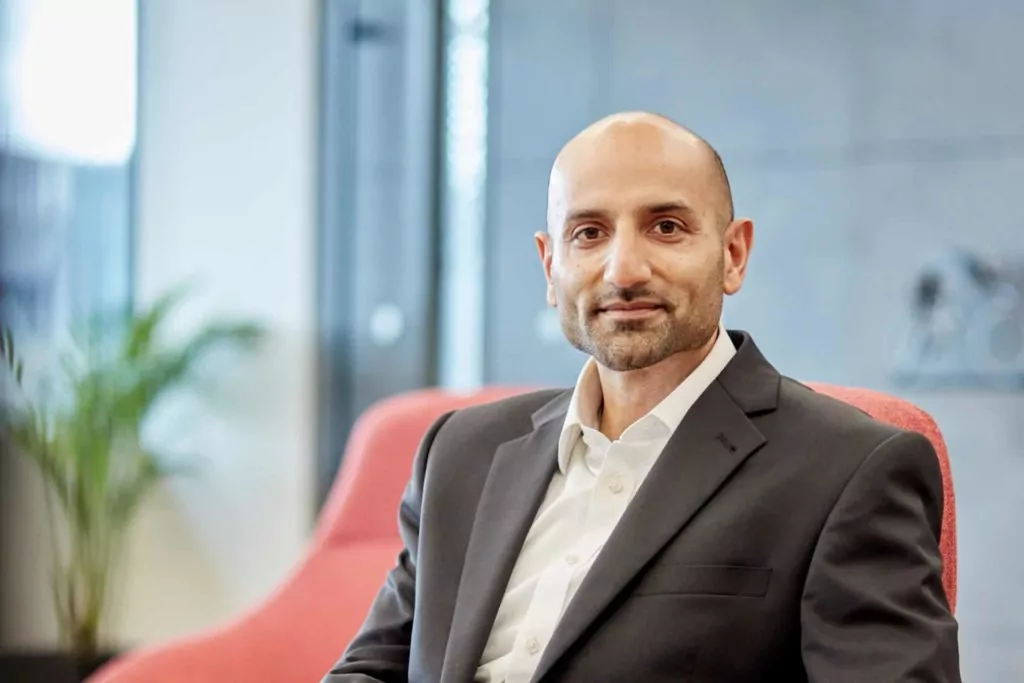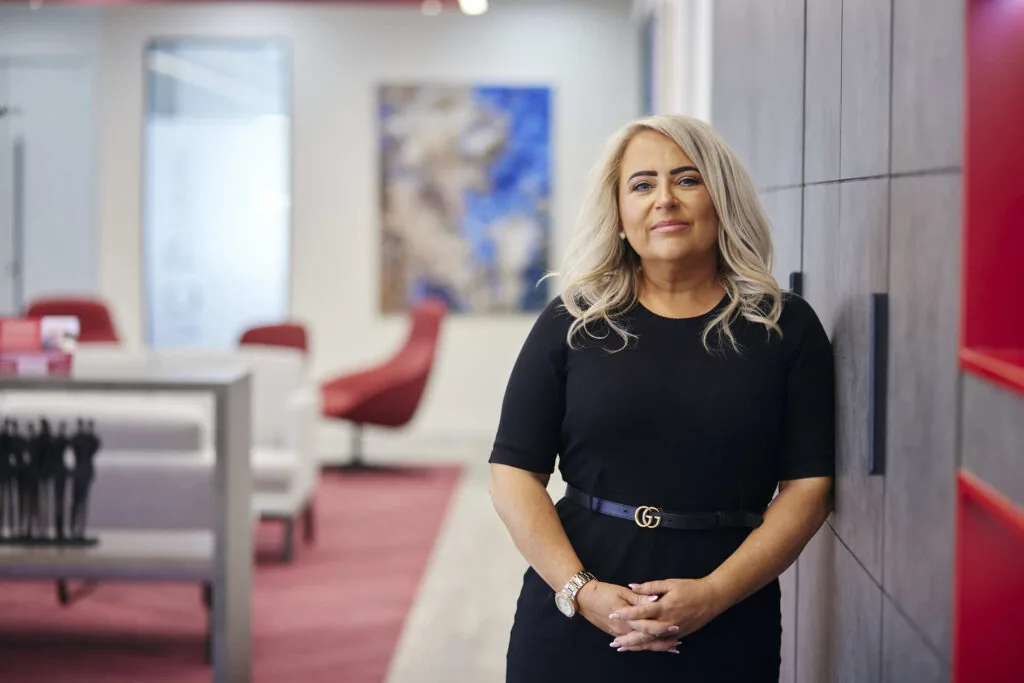
The UK’s Islamic fintech industry and opportunities for growth: our roundtable highlights

By Lingxi Wang
15 Jan 2021 | 4 minute readThis article was originally published by Islamic Finance News.
Islamic fintech is a growing industry both globally and within the UK. It is essentially an integration of Shariah compliant financial services and the use of innovative technology to offer such services to retail consumers.
Foot Anstey hosted a roundtable discussion on the key challenges the UK's Islamic fintech industry's entrepreneurs are facing and the opportunities for growth in the industry. Discussions revolved around regulatory issues, Shariah compliance, marketing and securing venture capital funding. Comparisons were also drawn with regulatory regimes in other jurisdictions. This report highlights some of the key points that were explored during the roundtable discussion.
FCA's approach to Islamic fintech and regulatory issues
Alan Hughes, the head of Retail Financial Services at Foot Anstey, started off the discussion by saying that "the regulatory system in the UK is mostly 'technology neutral' as the rules were not specifically designed with a particular technology-led approach to conducting regulated business".
The regulatory system is therefore not specifically designed for Islamic fintech. The FCA has been relatively innovative around supporting fintech businesses and has a dedicated innovation hub which aims to give businesses direct access to regulatory support in developing their innovative business models, preparing them for authorisation and providing support for up to one year. Innovative Islamic fintech businesses can potentially access such support, making the UK a great place for such businesses to launch.
On a wider scale, our panellists had a mix of experiences when dealing with the FCA. There was a general consensus amongst the panellists that a lot of time and resources were spent trying to explain to the FCA how their products fit into the current regime, pushing back their initial launch dates for such products.
Further, they found that even when they were referred to a specialist function of the FCA, experts did not have the requisite knowledge and understanding of Islamic finance to provide our panellists with immediate effective solutions.
Faizal Karbani, the founder and CEO of Simply Ethical echoed the need for a collaborative approach with the FCA. Dominic Ball, the founder and CEO of Izdihar said that there is work to be done on both sides, with us being able to educate the FCA and the FCA having the willingness to train or develop certain individuals or teams in both compliance and Islamic finance understanding.
Case Study: The growth of Islamic fintech in Malaysia
Malaysia is proactively promoting the development of a strong Islamic fintech ecosystem. The Securities Commission in Malaysia announced a collaboration with the Financial Services Authority of Indonesia for knowledge sharing on fintech trends and regulatory developments. Talks are being held around setting up a national body to champion the Islamic fintech agenda at the Malaysian national government level as a top-down approach.
However, undertaking such an approach in the UK is challenging due to the way in which the regulatory system functions. To create a bespoke product in the UK would fall outside of the regulatory regime and would require a lengthy statutory consultation process to implement. Whilst the FCA accommodates Islamic finance through current regulatory regimes, lessons could be learnt from Malaysia in their proactive approach in creating a regulatory background for Islamic fintech.
Issues around Shariah compliance
There was a general consensus from the panellists that Shariah compliance does not necessarily prevent Islamic fintech businesses from building new products. Mufti Faraz Adam, the executive director of Amanah Advisors commented, saying that businesses are still utilising traditional Shariah concepts in the structuring context such as a Murabahah facility. Instead, innovation and development are only seen on the delivery and the user interface side of the product.
However, one area of concern was that of new Shariah compliant challenger banks. Concerns were raised that such banks are not licenced and therefore they were using services from conventional banks where funds (which have been ring-fenced) ultimately sit with the conventional bank. The question was whether these funds show up on a conventional bank's balance sheet and whether such funds are used by conventional banks for meeting capital adequacy ratios, leverage or any other direct or indirect use.
Challenges in marketing an Islamic fintech product
To the question on why some Islamic fintech businesses chose to use 'ethical' branding and whether it was necessary for them to expressly describe their platforms as Shariah compliant, panellists were quick to highlight the subjectivity of branding their platforms as 'ethical' as the parameters can vary and are constantly moving. However, they also found that branding their platforms as ethical rather than solely Shariah compliant allowed them to place their offerings in front of a wider population and not just the Muslim demographic.
Hassan Daher, the founder and CEO of Qardus, found that after branding their platform as 'ethical' and Shariah compliant, a third of their investor base are non-Muslims. Our panellists also pointed out that their platforms and offerings were not just a social good for the Muslim demographic but also for the wider population. Similarly, Simply Sharia rebranded in 2015 to Simply Ethical in order to appeal to a bigger market whilst also maintaining their engagement with the Muslim demographic.
Pursuing and securing funding from investors
Imam Qazi, head of Islamic Finance at Foot Anstey highlighted a key challenge in Islamic fintech at the outset around securing capital and funding to ensure that a business idea could develop and grow. Youness Abidou said that "venture capital money that would be interested in Islamic finance is scarce and is a difficult subject for any new entrant".
Many avenues of venture capital funding are closed off to Islamic fintech due to such funding not necessarily being Shariah compliant and in situations where it is available, it cannot be considered to be the best option for Islamic fintech. There is a need for stakeholders aligned to Islamic finance to improve the funding of new entrants into the Islamic fintech space to enable the industry to grow by breaking down such barriers to entry.


































